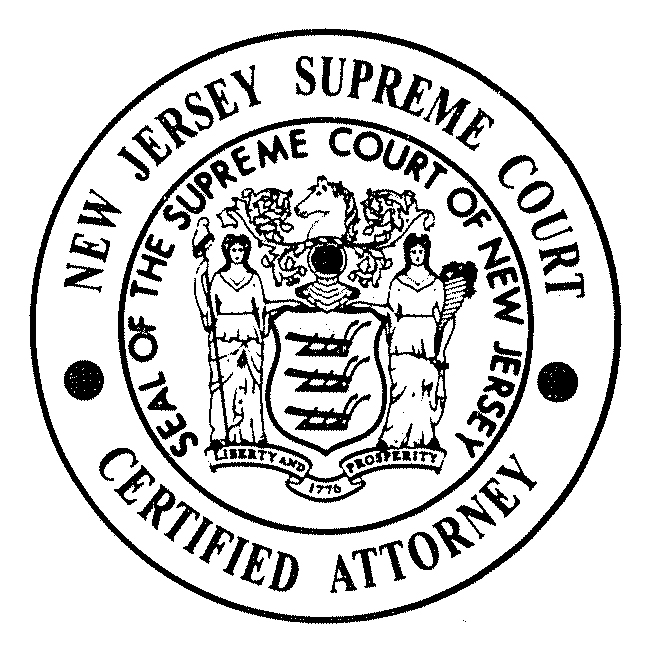Tips For Answering Deposition Questions for Personal Injury Cases in Ocean County, New Jersey

If you are involved in litigation, odds are you will have to participate in what is called a deposition. A deposition is a question and answer session, wherein attorneys will ask you questions and you will have to answer them under oath prior to trial. There are three reasons attorneys take depositions: (1) to lock parties into a story for a potential trial; (2) to discover evidence that supports the parties' theories of the case; and (3) to ascertain whether it is a good strategy to bring the lawsuit to trial or whether it is better to try to settle the case. Depositions are typically foreign to most people so they may commit errors when being deposed. The following are tips that can be used to prevent you from falling victim to common deposition pitfalls.
Tell The Truth in Your Middlesex County Deposition
Telling the truth in a deposition is extremely important. Remember, you are under oath when you answer every deposition question so your answers can be used to impeach your credibility at trial if you answer untruthfully during a deposition. Moreover, if you are a plaintiff in the case or an eye-witness of let’s say a criminal case, it may feel counterintuitive to reply to a question to which you do not recall the answer with a simple “I cannot recall.†However, not telling the truth can cause you to make unwarranted assumptions about the facts of the case.
Pay Close Attention To the Question Asked And Answer Only That Question in NJ
When people are giving a deposition, they tend to become anxious and nervous. When people are anxious or nervous, they tend to start answering deposition questions before the attorney finishes asking them or they include additional information in their answers for which they were not asked. Answering questions in these fashions can lead an attorney to ask questions that they would not have necessarily thought of on their own and can end up hurting your case if you are the plaintiff. Accordingly, it is important that you fight your urge to “get the deposition over with†and intently listen to the entire question asked before answering with only the information asked for.
Ask For Clarification from Your New Jersey Lawyer
Sometimes, attorneys ask you questions in a deposition that you do not understand. If this occurs, ask the attorney to rephrase the question. Doing so can help you provide the attorney with the information they are asking for without providing additional and/or impertinent information.
Think Before You Speak at Your New Jersey Deposition
Finally, when people are nervous, they tend to talk faster than they think as a means to simply get the deposition over with. However, using this approach can open the door to additional questions, which would not necessarily be asked if that person being deposed took a moment to think about his or her answer before starting to utter his or her response. Furthermore, thinking before you speak allows the person being deposed to provide the questioning attorney with more composed and coherent answers to the questions posed.
Contact an Edison Personal Injury Lawyer to Discuss Your Personal Injury Lawsuit in New Jersey
Did you or a loved one sustain a serious personal injury due to a car accident, or slip and fall in New Jersey? Don't let the medical bills pile up while you wait for the negligent party, or their insurance company, to do the right thing. Right now, you need an aggressive personal injury attorney on your side and fighting to get you the compensation you need, want, and deserve. The skilled attorneys at Lombardi & Lombardi, P.A. represent clients in their personal injury lawsuits in Edison, Piscataway, New Brunswick, Old Bridge, and throughout New Jersey. Call 732-906-1500 or fill out our online contact form to schedule a free consultation about your case. We have an office conveniently located at 1862 Oak Tree Road, Edison, NJ 08820, as well as other offices in Brick, Freehold and Point Pleasant Beach.
The articles on this blog are for informative purposes only and are no substitute for legal advice or an attorney-client relationship. If you are seeking legal advice, please contact our law firm directly.






